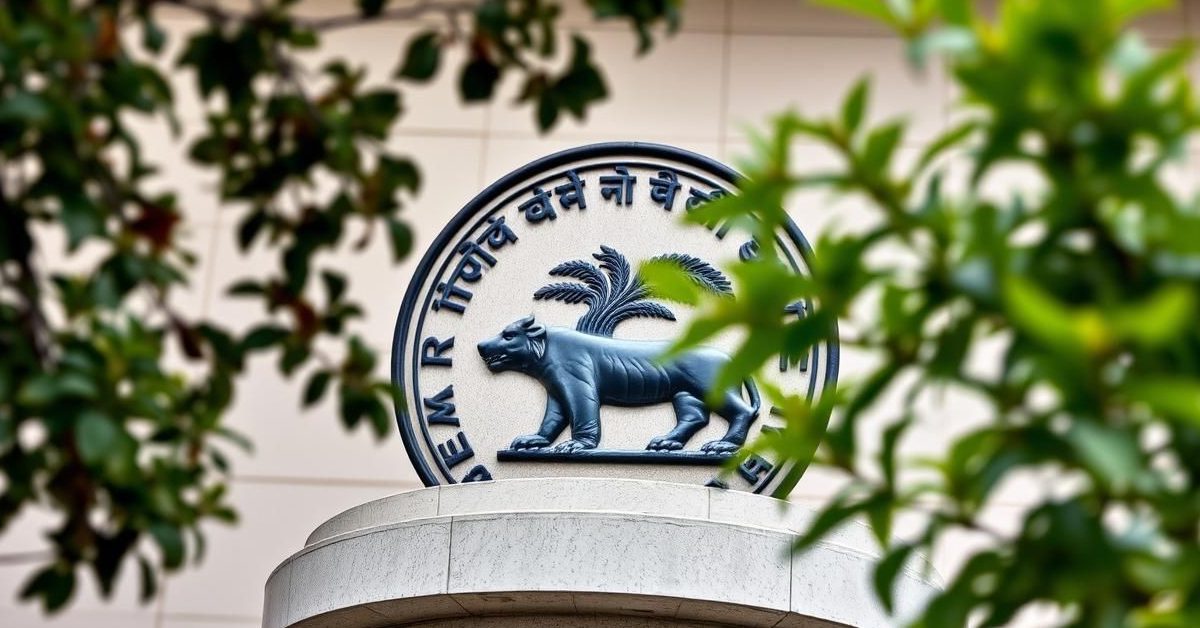India and the European Union have made significant progress in their Free Trade Agreement (FTA) negotiations, especially by closing the digital trade chapter and advancing talks on services and investment.
A Major Step Towards a Landmark Trade Deal
The 12th round of India-EU FTA talks, which concluded recently, saw a crucial breakthrough. Both sides agreed “in principle” on the digital trade chapter and made substantial headway on the services and investment texts. This brings them closer to their goal of signing the agreement by the end of the year.
Resolving differences in these areas is a big win. The European Union is the world’s largest investor, and services account for over 70 percent of its foreign direct investment abroad. For India, bridging regulatory gaps in services means greater integration for its booming services sector, potential for growth, and increased investment.
Navigating the Complexities of Digital Trade and Data
The digital trade chapter touches upon critical areas like cross-border data flows, which are essential for e-commerce and global services. This topic has often been a sticking point in trade agreements with Western nations, particularly with the global surge in Artificial Intelligence (AI).
Effective AI systems rely on diverse datasets from many countries, fueling a global race for data. India has traditionally been firm on its data localization policies, aiming to protect its policy space and sovereignty. For instance, the Reserve Bank of India (RBI) mandated in 2018 that payment data of Indian residents must be stored within the country.
Reports from the UN Conference on Trade and Development (UNCTAD) highlight that control over data can create market power and barriers for new players. They also point out the benefits of data localization, such as encouraging foreign investment in local digital infrastructure, enforcing national laws, and safeguarding privacy.
Smoothing the Path for Investment
Beyond digital trade, significant progress has also been made on the investment text, particularly concerning rules for state-to-state mediation. This advancement is noteworthy as it addresses long-standing EU concerns about investment protection in India.
The EU had previously expressed regret over India’s 2016 decision to unilaterally terminate all its bilateral investment treaties (BITs). However, India has since shown flexibility, initiating negotiations for new investment treaties under an updated framework. While India prefers resolving investor-state disputes under domestic laws, the EU sees an investment protection agreement as a vital step to strengthen bilateral trade relations, pushing for a multilateral investment court.
- India and the EU are nearing a Free Trade Agreement, targeting a year-end signature.
- Significant progress was made by closing the digital trade chapter and advancing talks on services and investment.
- Resolving data flow issues is crucial, especially given India’s strong stance on data localization and the growing importance of AI.
- Progress in investment talks addresses past EU concerns and aims to boost investor confidence.
This forward momentum signals a maturing economic partnership, poised to unlock new opportunities for businesses and consumers across both regions.














